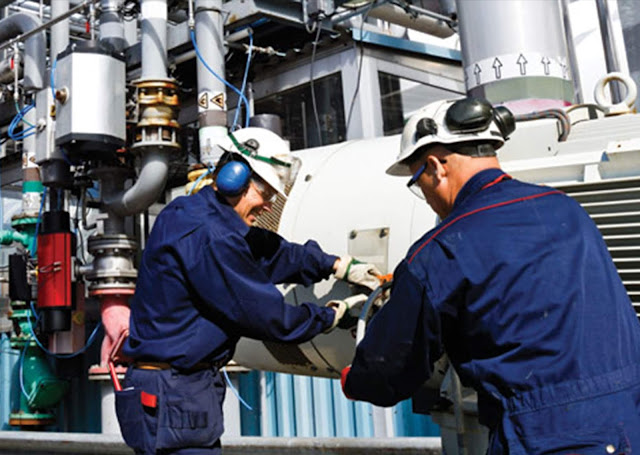The 5 HVAC Technician Skills Employers Value Most
The 5 HVAC Technician Skills Employers Value Most
1. Thorough Knowledge of HVAC Systems & Methods
Employers want HVAC technicians who are familiar with a wide range of HVAC systems, controls, and installation methods. Even beginners should know the fundamentals of heating and cooling systems, how to thread and install gas piping, how duct systems are organized, and various ventilation methods.
The more technical knowledge an HVAC technical has from the start, the quicker he or she will be able to absorb new skills—an attribute employers consider highly valuable.
2. Natural Customer Service & Sales Skills
Global HVAC provider, Lennox International Inc., recently published a post on which skills matter most for HIV tech—with “personality” topping the list, just after technical skills.
Lennox says building rapport with bosses and customers is crucial for technicians, both for making sales and for becoming a valued employee. They ask Lennox technicians to follow the company rule of thumb for communication: “when you leave a conversation, other people should feel better about themselves and you.”
HVAC companies want technicians who will take extra time to explain repairs and new products to customers, and answer all of their questions thoroughly—even if those answers seem obvious.
Technicians must be able to make clients (and prospective clients) feel comfortable, and inspire trust. They are the “face” of the company out in the field, where making a good impression is crucial for business success.
3. Knowledge of HVAC Safety Standards and Protocols
Preventative safety skills are key for HVAC technicians, as well as for the people they serve in the community. Employers want techs who understand and apply safety procedures for working at heights, in confined spaces, with scaffolding, etc.
HVAC companies look for candidates who know relevant regulations from the Occupational Health and Safety Act, and environmental refrigerant laws. They know the reputation of the company, and the safety of team members, rests on how well technicians understand and follow industry safety protocols.
4. Problem-Solving & Troubleshooting Skills
HVAC employers need technicians who can quickly size up a malfunctioning system, identity possible problems, brainstorm solutions, and implement troubleshooting steps. Diagnostic and testing skills are essential for delivering timely, safe, and effective client services.
Companies want techs who think on their feet, know a variety of troubleshooting techniques, and are familiar with the latest testing equipment (airflow meters, humidity recorders, voltmeters, gas leak detectors, etc.)
5. Willingness to Continue Learning About HVAC Technologies
The world of HVAC is constantly evolving toward new products and approaches, challenging even veteran technicians to keep up the pace. In particular, the push for greater energy efficiency is driving powerful new HVAC trends, such as:
- the rise of variable speed technologies, such as variable speed fan motors, which improve electrical efficiency, air quality, and humidity control
- the rise of “zero emission building plans” and other green building standards and certifications (which HVAC professionals should know about)
HVAC companies need technicians who are motivated to stay on top of industry trends and seek out professional development training to continuously improve their skills. Companies with cutting edge technicians are best positioned to earn the next generation of HVAC customers.




Comments
Post a Comment